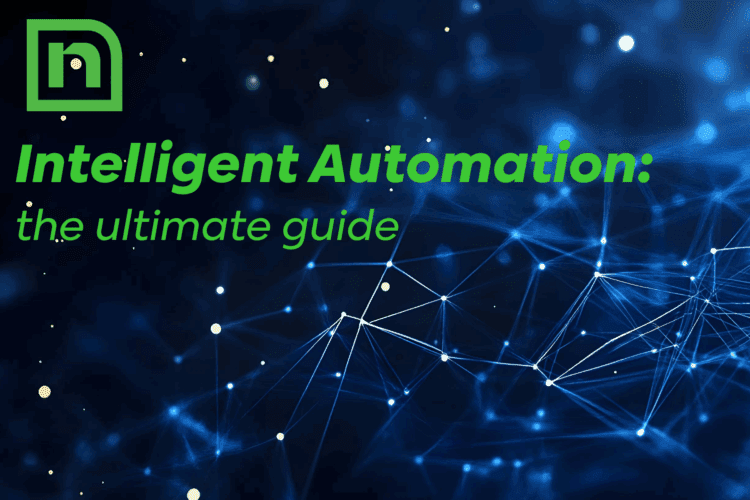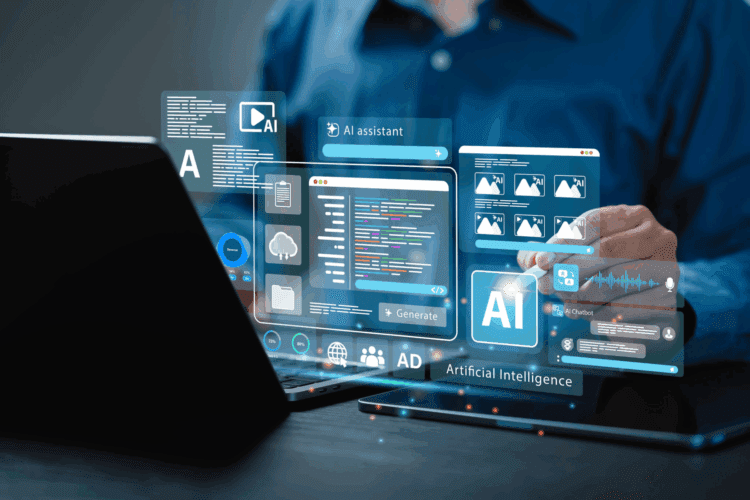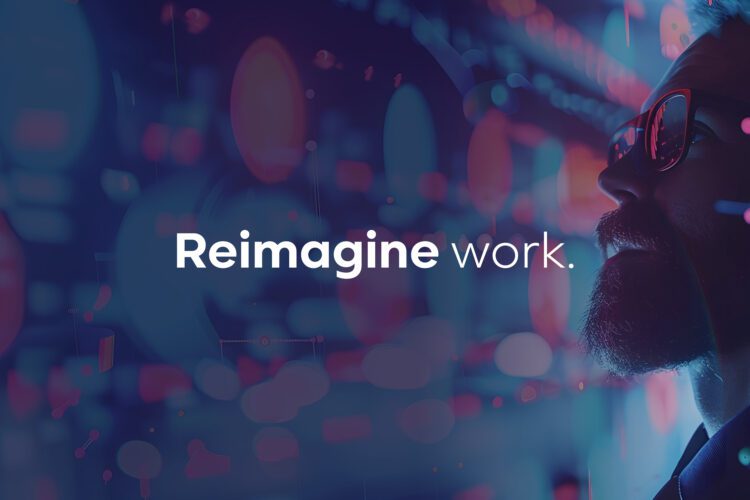Home / Resources
Resource Library
Explore our resource library, where you’ll find hundreds of educational resources, from demo videos and on-demand webinars to customer stories, solution summaries, and whitepapers breaking down the latest research. Whether you’re looking to expand your intelligent automation knowledge or train your team on the technology your organization runs on, the resource library has your back.

Kara Martin
In the past ten years alone, CLA has grown roughly 150%; however, as their business flourished and client demand soared, so did the paperwork being processed by their accounting department.
- Accounting & Finance, Enterprise Content Management (ECM), Integrations, Intelligent Automation, Intelligent Document Processing (IDP), Low-Code Development, Workflow Automation

Kara Martin
- Accounting & Finance, Enterprise Content Management (ECM)

Kara Martin
- Business & Process Orchestration, Change Management, Intelligent Automation, Intelligent Document Processing (IDP), Low-Code Development, Managed Services, Process & Task Mining, Robotic Process Automation (RPA), Workflow Automation
Filter your Results
Your results will change based on input

- Customer Story
- Accounting & Finance, Enterprise Content Management (ECM)

- Blog
- Business & Process Orchestration, Change Management, Intelligent Automation, Intelligent Document Processing (IDP), Low-Code Development, Managed Services, Process & Task Mining, Robotic Process Automation (RPA), Workflow Automation

- Video
- Enterprise Content Management (ECM), Intelligent Automation

- Blog
- Artificial Intelligence (AI), Intelligent Automation

- Blog
- Artificial Intelligence (AI), Intelligent Automation

- Whitepaper
- Artificial Intelligence (AI), Intelligent Automation, Intelligent Document Processing (IDP), Low-Code Development, Robotic Process Automation (RPA)

- Whitepaper
- Digital Transformation, Enterprise Content Management (ECM), Human Resources, Workflow Automation

- Whitepaper
- Content Portal, Enterprise Content Management (ECM), Human Resources

- Whitepaper
- Accounting & Finance, Capture, Workflow Automation

- Blog
- Change Management, Intelligent Automation

- Blog
- Business & Process Orchestration

- Blog
- Artificial Intelligence (AI), Business & Process Orchestration, Intelligent Automation, Intelligent Document Processing (IDP), Robotic Process Automation (RPA)

- Blog
- Intelligent Automation

- Webinar
- Accounting & Finance, Artificial Intelligence (AI), Intelligent Automation

- Blog

- Blog
- Capture, Intelligent Automation, Intelligent Document Processing (IDP)

- Blog
- Intelligent Automation

- Webinar
- Artificial Intelligence (AI), Robotic Process Automation (RPA)

- Blog
- Process & Task Mining, Robotic Process Automation (RPA)

- Blog
- Enterprise Content Management (ECM), Press Release

- Blog
- Robotic Process Automation (RPA)

Experience the Future of Work Today
Tell us about your organization’s goals and we’ll create unique solutions that match your needs. It’s time to take the first step.


